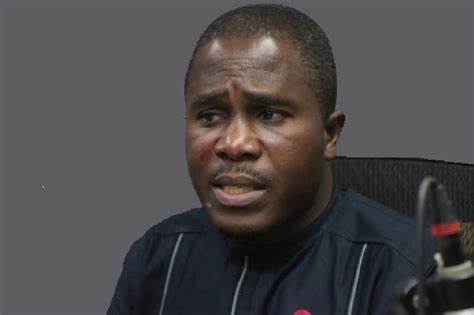Ghana’s Power Crisis Likely to Persist for Two More Years, Says IES Boss
Ghana’s recurring power outages, colloquially known as “dumsor,” are likely to continue for at least two more years, according to Nana Amoasi VII, Executive Director of the Institute for Energy Security (IES).
His stark assessment, delivered in an interview on Monday, November 25, 2024, underscores the scale of challenges facing the country’s energy sector.
“We are not moving out of dumsor anytime soon. It could take up to two years before we see any stability in the power sector,” he warned.
Nana Amoasi attributed the crisis to inefficiencies within the Electricity Company of Ghana (ECG) and broader issues in energy distribution infrastructure, citing faulty meters, many of which have not been recharged or replaced for over a year, as a significant contributor to the disruptions.
“As long as the Electricity Company of Ghana remains inefficient, with meters failing to function properly, dumsor will continue,” he stated, adding that systemic inefficiencies must be addressed to restore stability.
Missed Opportunities and Governance Concerns
Reflecting on past efforts, Nana Amoasi criticized successive governments for failing to resolve the crisis, despite inheriting what he described as a “strong power sector” with adequate installed capacity and a stable fuel supply.
He highlighted that a modest investment of GHS 22 million in 2018 and 2019 could have addressed many of the current inefficiencies. Instead, delays and poor governance, he argued, have allowed the problems to persist.
“Dumsor should not have recurred after 2017,” he said, emphasizing that the issue could have been mitigated with timely action.
Additionally, he raised concerns over transparency, pointing to the classification of operational information by GRIDCo as “private and confidential.” “Why is the government suppressing vital information?” he questioned, calling for greater openness in addressing the crisis.
The Path Ahead
Nana Amoasi urged the government to adopt a disciplined investment approach and ensure equitable revenue distribution among power utilities.
Without such measures, he warned, the power disruptions will persist, leaving businesses and households to endure prolonged outages.
His remarks add to the growing frustration among Ghanaians as the country struggles to tackle its entrenched energy challenges. With no immediate solutions in sight, the prospect of relief remains distant, leaving the public to grapple with the impacts of an unstable power supply.








